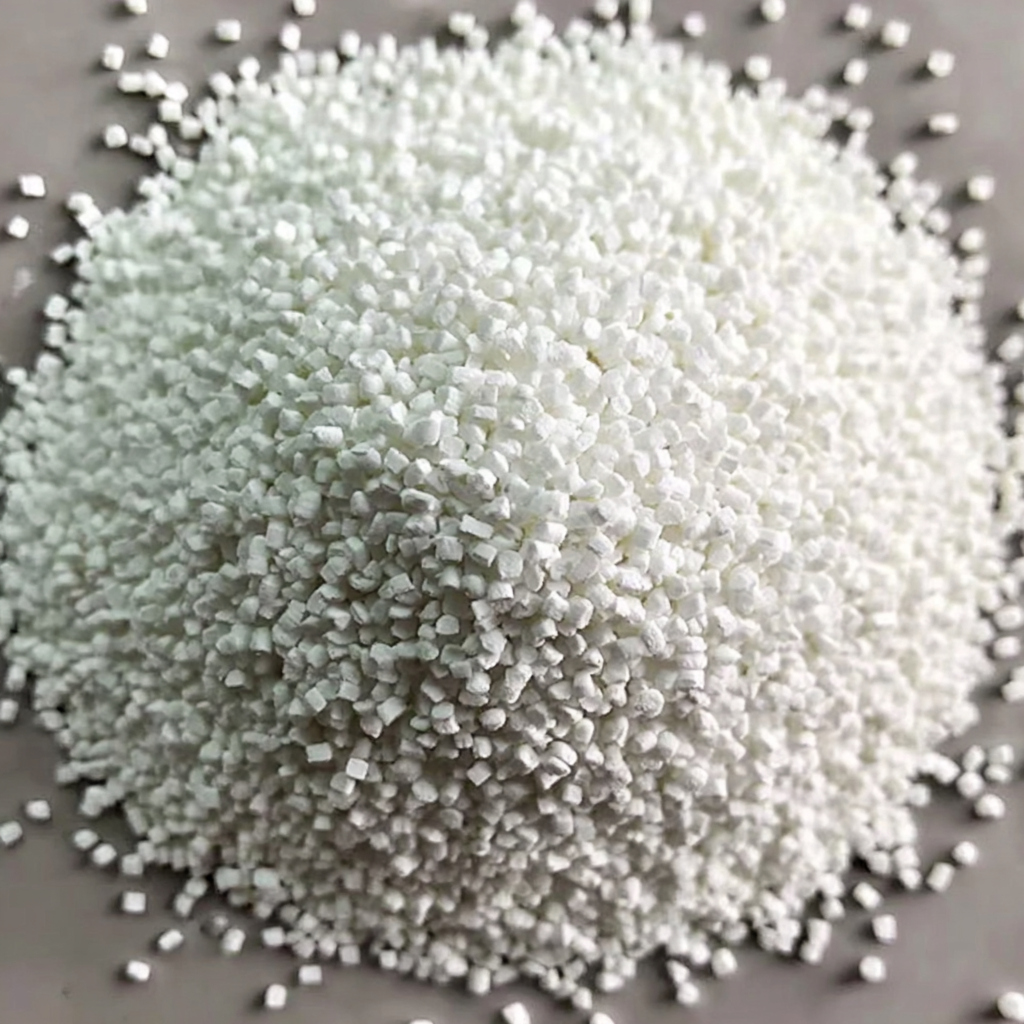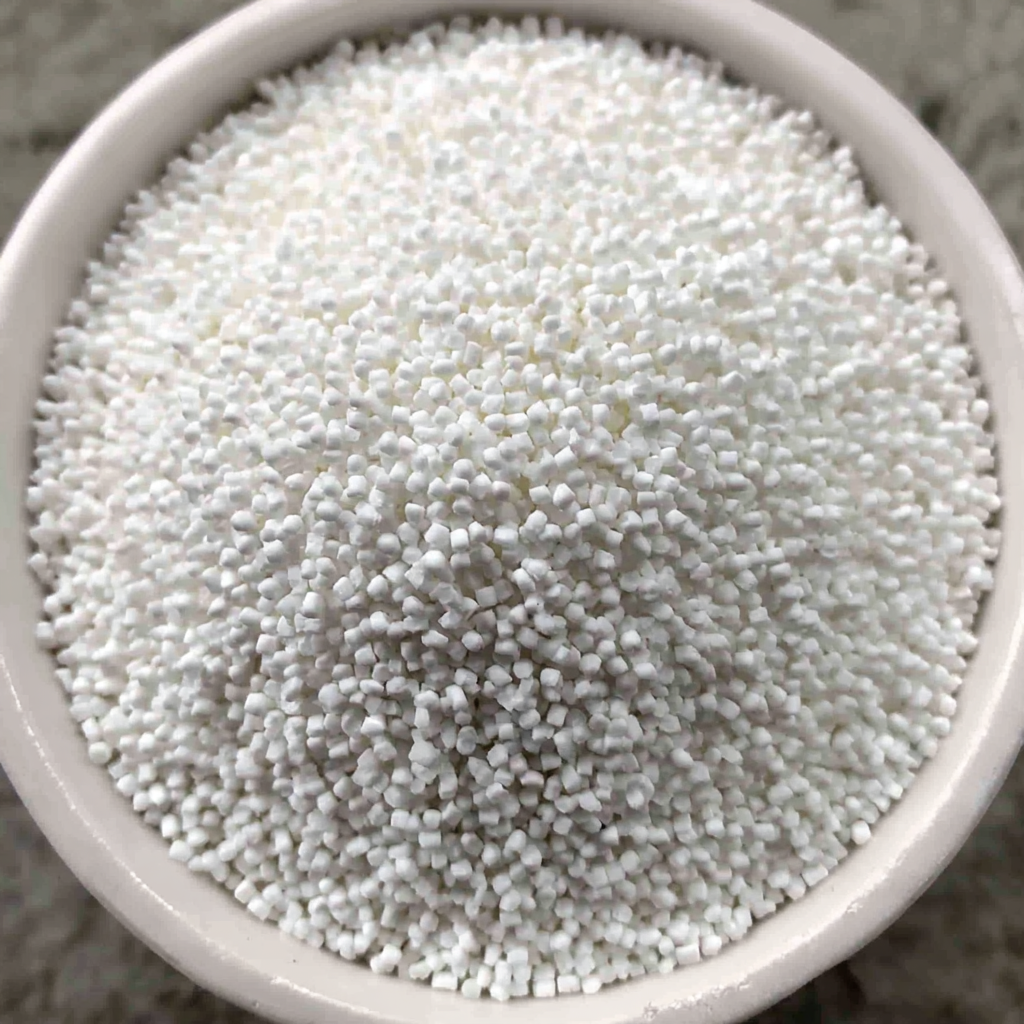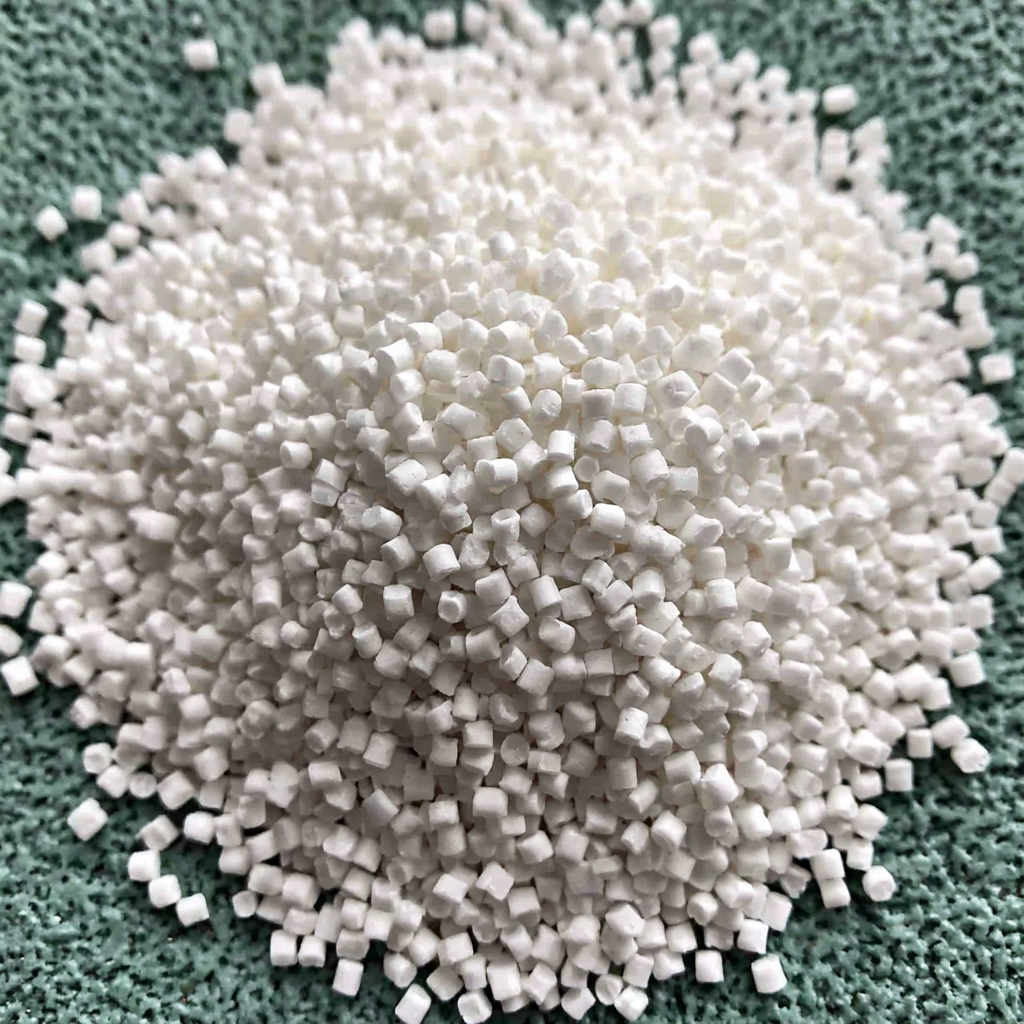Texin PET Material Injection Molding Products — Precision, Stability, Performance
Texin is committed to providing customers with quality products and services
Texin provides precision PET material injection molding products (including GF‑PET preforms) with strict moisture control, optimized processing (barrel 240–280°C, mold 100–140°C), hardened equipment and hot‑runner molds. We ensure consistent strength, clarity and reliable high‑volume production with full process support.
Classification:
Plastic pellets
Key words:
Get Quote
Description (suggested):
Texin provides high-quality PET material injection molding products (GF‑PET bottle preforms and precision parts) engineered for strict moisture control, thermal stability, and consistent mechanical performance. Learn key processing parameters and FAQs for reliable production.
Introduction Texin specializes in PET material injection molding products, with a focus on GF‑PET bottle preforms and precision molded parts. PET processing demands tight control of moisture, temperature, pressure and residence time — factors that directly affect appearance, strength and part consistency. At Texin we combine dedicated equipment, strict material handling and optimized molds to meet these demanding requirements and deliver reliable, production-ready parts.
Why PET material injection molding products require high standards
- PET is hygroscopic: excess moisture causes hydrolysis during molding, reducing molecular weight and producing discolored, brittle parts.
- PET’s melt viscosity is more sensitive to pressure than temperature, so processing must tightly control injection pressure and residence conditions.
- Glass‑fiber reinforced PET (GF‑PET) increases wear on equipment and raises thermal demands; it also alters fill behavior and requires adjusted pressures and tooling.
Texin’s capabilities
- Specialized screw and barrel systems (L/D ≈ 15–20:1, compression ratio ≈ 3:1) to reduce shear heating and limit residence time.
- Hardened, wear‑resistant barrels and components for GF‑PET runs.
- Hot‑runner mold expertise for bottle preforms and complex parts; mold temperatures and vent design to control crystallinity and transparency.
- Strict drying, recycling and process controls to prevent hydrolysis and maintain mechanical properties.

Key processing parameters (practical reference)
- Drying: 150°C for ≥4 hours; more commonly 170°C for 3–4 hours. Recycled content generally ≤25% and must be fully dried.
- Barrel / melt temperatures: typical barrel range 240–280°C; GF‑PET commonly 250–290°C (do not exceed 300°C). Measured melt/shot temperature often 270–295°C; GF grades 290–315°C. Nozzle temp ≈ 10–20°C lower than barrel.
- Mold temperature: 100–140°C (lower end for thin‑wall, higher for thick sections to improve crystallinity).
- Injection pressure: PET 80–140 MPa; GF‑PET 90–150 MPa.
- Injection speed/time: fast fill recommended to avoid premature solidification; typical shot fill ~4 seconds.
- Back pressure: keep low to minimize wear (generally ≤100 bar; often not used).
- Residence time / stoppage: minimize residence time; avoid prolonged exposure above 300°C. If stop <15 min — perform shot‑through purge; if >15 min — full PE purge and lower barrel temp to purge conditions before restart.
- Nozzle and gate: short, polished nozzles with large bore (~3 mm) and inverse‑cone tips help reduce clogging and stringing. Mold vents should be sufficient but vent depth generally ≤0.03 mm to avoid flash.
Common customer/producer questions (concise answers)
Q: How critical is drying for PET material injection molding products?
A: Essential — PET is moisture‑sensitive. Standard drying is 150°C ≥4 h or 170°C for 3–4 h. Moisture above limits causes hydrolysis, discoloration and brittleness.
Q: What barrel and nozzle temperatures should I use?
A: Barrel typically 240–280°C; GF‑PET 250–290°C (do not exceed 300°C). Measured melt often 270–295°C; GF up to ~315°C. Keep nozzle 10–20°C cooler than barrel.
Q: How do I avoid nozzle freeze or stringing?
A: Use a short, polished nozzle with adequate bore (~3 mm), temperature control and an inverse‑cone tip; avoid excessive nozzle temperature to prevent drooling.
Q: What injection pressures are typical?
A: For PET use 80–140 MPa; for GF‑PET 90–150 MPa. Choose pressure based on viscosity, filler content, gate size and part geometry.
Q: Can I use recycled PET?
A: Yes, but keep recycled content ≤25% and fully dry it. Excessive regrind causes feeding issues (“bridging”) and degrades final properties.
Q: How should molds be designed for PET bottle preforms?
A: Hot‑runner systems are common. Use an isolation/thermal plate (~12 mm) between mold and machine plate, ensure sufficient venting, and control mold temperature (100–140°C) to manage crystallinity.
Q: How fast should the shot be filled?
A: Fill quickly to prevent early solidification; typical complete fill within ~4 seconds, but avoid excessively high shear that can damage glass fibers.

Summary:
PET material injection molding products demand disciplined material handling, precise thermal control and optimized tooling. Texin brings dedicated PET processing experience — hardened equipment, proven drying and purge routines, and tailored mold solutions—so customers get consistent, high‑performance GF‑PET bottle preforms and injection molded parts. If you are specifying PET material injection molding products, Texin can help with process setup, mold recommendations and production support to meet your quality and throughput targets.
● Many years of mold design, development and manufacturing experience
● Pursue excellence and cast high quality
● High quality, high efficiency and high precision
● Take the initiative to provide timely, fast and dynamic customer service








A simple 3-step process for quickly obtaining a commercial offer
Step 1: Leave your details and our technical specialists will contact you within 24 hours.
Step 2: Confirm the materials for the production process and technical specifications.
Step 3: Get the commercial offer and the lead time.

